Tag: Rohingya
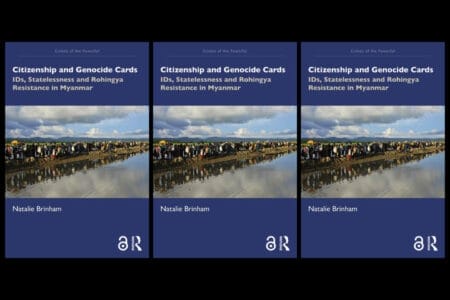
Citizenship and Genocide Cards: IDs, Statelessness and Rohingya Resistance in Myanmar
Natalie Brinham's book draws on Rohingya oral histories and narratives about Myanmar’s genocide and ID schemes to critique prevailing international approaches to legal identities and statelessness.
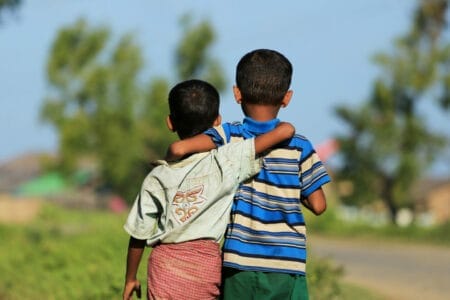
Myanmar’s Rohingya People: A Documented History, Identity and Presence
While there are multiple inter-communal tensions and attacks among Myanmar’s ethnic communities, there is no other case where a group’s ancestral history and identity have been singled out for sustained and vicious assault in the same way Rohingya people have been.

Rohingya face prospects for genocidal violence again: Buthitaung Township, Rakhine, Western Myanmar
It is evident that the Arakan Army is attempting to forcibly displace Rohingya residents from downtown Buthidaung. This forced relocation must be halted.

While inviting foreign investment in Rakhine, Arakan Army Leadership displays deep-seated genocidal racism towards Rohingya in Western Myanmar
The extreme racism that Rakhine nationalists have, over the generations, displayed – their sense of racial and religious superiority vis-à-vis Rakhine state’s largest minority population of Rohingya, largely Muslims, their dogged attempts to deny and destroy Rohingya identity – appears to be their Achilles' heel.
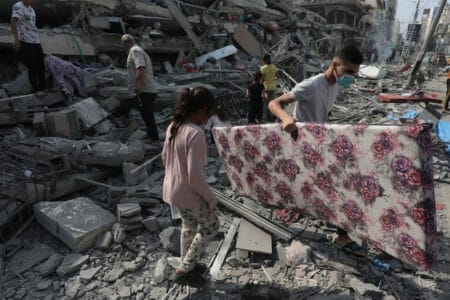
Gaza’s Children & Our Rohingya Children: A Tale of Israeli and Myanmar Genocides
We, the Rohingya have been chased from our homelands through a series of massacres and Burmese military campaigns since 1978. Our villages have been exterminated and wiped out of all maps. The Palestinian situation is just the same, if not, even worse.
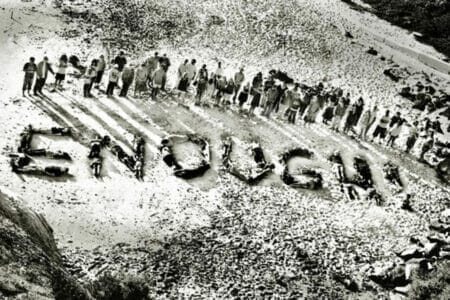
(YouTube) Keynote Address by FORSEA Co-founder on Refugee Insecurities, Monash Business School
"In the jargon of the United Nations circles, INGOs, and conventional academics, the term 'statelessness' obfuscates what is, in effect, state-organized, legally justified and popularly 'morally' sanctioned acts and processes of persecution of one or more marked and typically vulnerable human groups within the artificial 'national' borders."
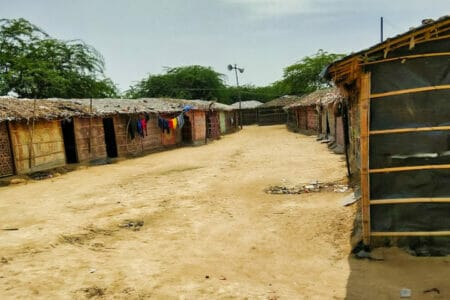
Webinar: Arbitrary Detention and other Humanitarian Challenges Faced by Rohingya Refugees
Maung Zarni will join an international group of distinguished human rights researchers and defenders including Rohingya refugee activists from India, Thailand and New Zealand.
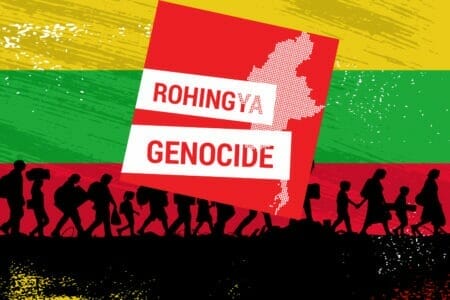
The Anatomy of the Political Economy of Slow Genocide, and Organising of Racial Capitalism– A Tale of the Making of De Facto Stateless Rohingya
The paper discusses the political economy of genocide by exploring the organising of genocide against the world’s largest de facto stateless community – the Rohingya community of Myanmar – over the past forty years.
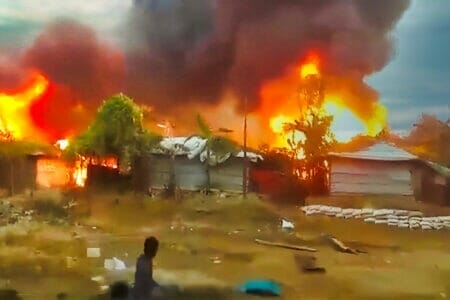
Trouble in No Man’s Land
The events leading up to the destruction of the Rohingya camp in No Man's Land and the role of Bangladesh in it.
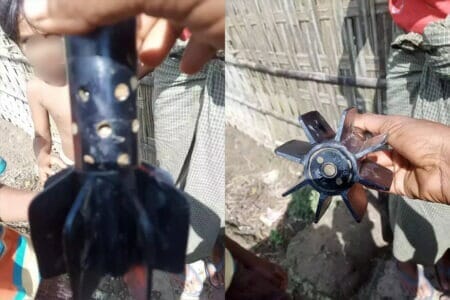
Western Myanmar as a Genocide Triangle: Myanmar’s Military-State, Separatist Rakhine Nationalists and Rohingya Genocide Victims
The increasingly vocal demand by the separatist Arakan Army (AA) for international recognition of it as a (quasi)-state actor with which the United Nations and foreign governments should do business with, needs to be checked against the dark record of the anti-Rohingya racism and criminal responsibility of its popular base, namely Rakhine nationalists, in the slow-burning genocide of Rohingyas since the late 1970's.

